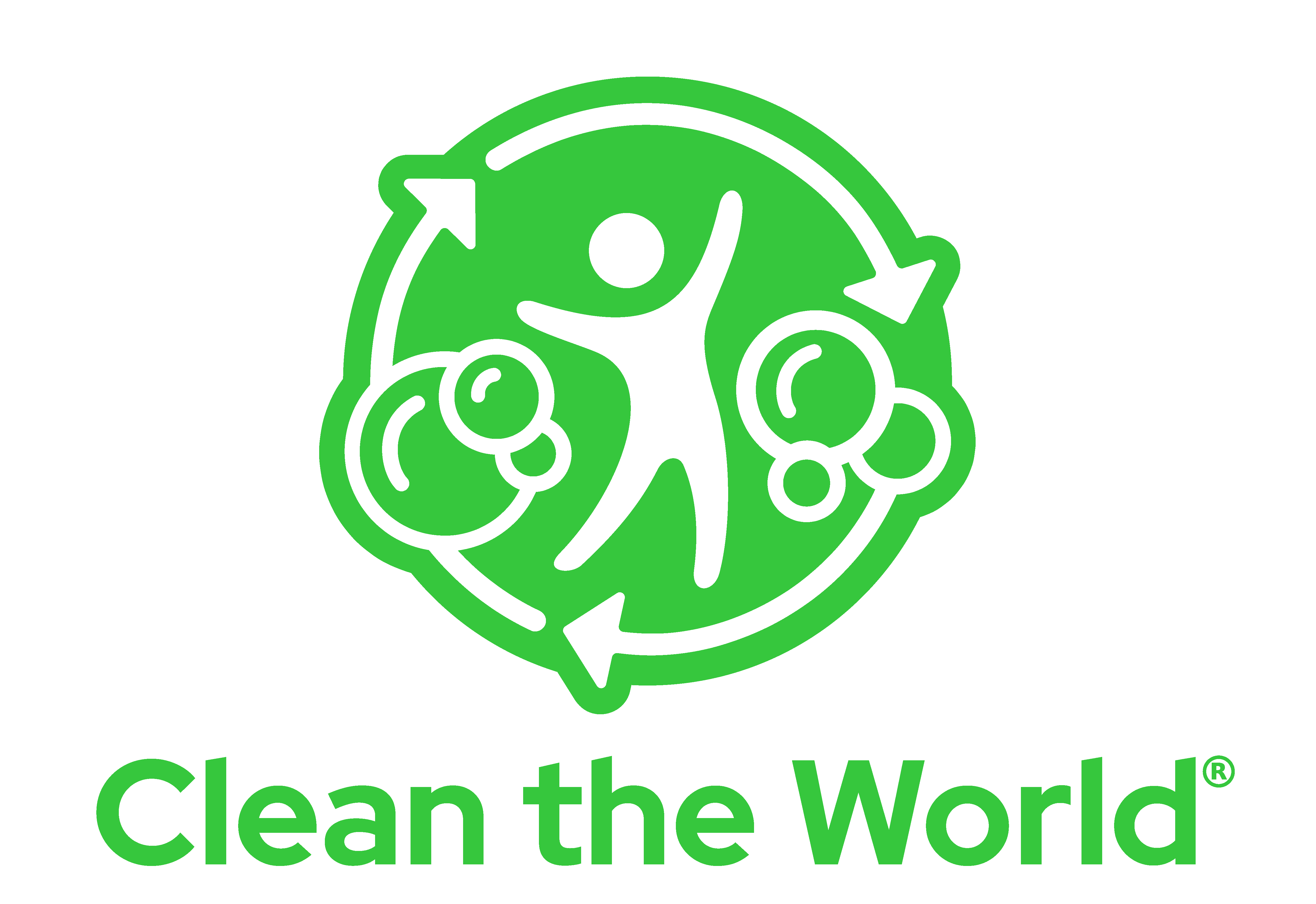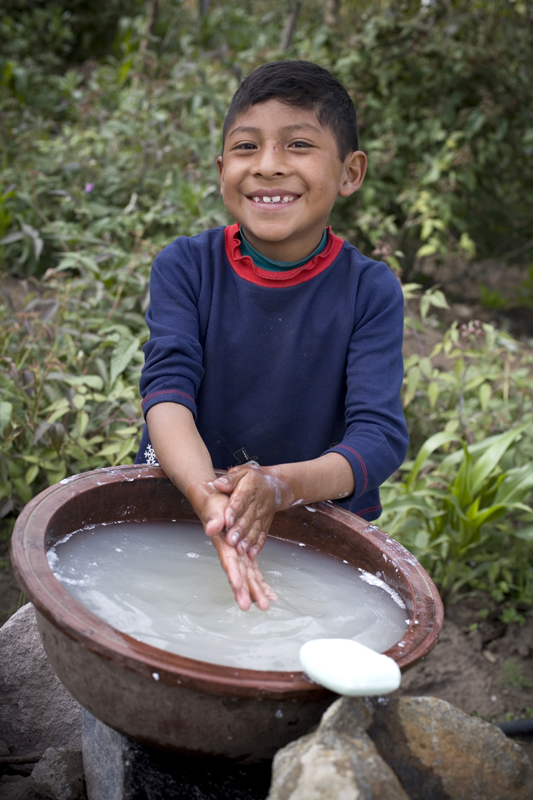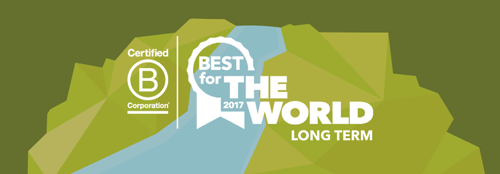Guest Post by Julie Potyraj
Clean the World is one of a dozen groups working to promote WASH (water, sanitation, and hygiene) programs globally. However, it is among a smaller number of organizations starting to do this on a community and household level. Why? Because global change is anchored in community efforts. Improvements in infrastructure and policy begin with changes in the beliefs and behaviors of individuals. Programs at a local level are integral in laying a strong foundation for global public health achievements.
Global Importance of WASH Programs
WASH programs are a key strategy in achieving several of the United Nations Millennium Achievement Goals. Specifically, WASH programs aid in the reduction of child mortality, improve maternal health, help to combat disease, and increase environmental sustainability. The Centers for Disease Control and Prevention has extensively noted the health effects of poor water sanitation and hygiene practices. Currently, 780 million people do not have access to an improved water source and 2.5 billion people lack access to improved sanitation. Nearly 88 percent of deaths from diarrheal diseases can be traced back to a combination of unsafe drinking water, unsanitary conditions, and a general lack of water for hygiene purposes. WASH Programs could ostensibly prevent 9.1 percent of the global disease burden and as much as 6.3 percent of all deaths.
Risk to Children
Children are especially vulnerable to the effects of poor sanitation and hygiene. According to the World Health Organization, WASH programs can improve children’s nutritional status by preventing diarrheal diseases, intestinal parasites, and environmental enteropathy. Specifically, improved WASH resources could prevent as much as 361,000 (58 percent) of total deaths attributed to diarrhea in children under the age of 5. This is an incredible number considering that the CDC claims that around 801,000 children in this age group die each year from these causes. This represents 11 percent of the children younger than 5 who die each year.
Community-Based Prevention Programs
WASH programs have shown to make a significant impact on the health and well-being of those affected. In terms of reducing just diarrheal deaths, better water sources (21 percent), better sanitation (37.5 percent), improved drinking water quality (45 percent), and hand-washing (35 percent) have significant impacts. Expanding the reach of WASH programs requires a multi-pronged approach, including community-based interventions like soap distribution as well as demonstrations in hand-washing, safe household water management, and food preparation. According to US AID’s Maternal and Child Survival Program, “Hand-washing is the single most cost-effective intervention to prevent pneumonia and diarrhea in children, and reduces infections in mothers and children during pregnancy and childbirth.” If these programs have sufficient resources and are conducted with respect to the community, they have been shown to positively affect health in these communities.
Small Changes, Global Impact
Improved hygiene and sanitation practices are ultimately about changes in beliefs as well as behaviors of individuals. Workers are needed on the ground to provide demonstrations and positive reinforcement along with creating hand-washing stations and supplying soap, which reinforce the taught behaviors. Community- and household-level interventions are necessary to identify barriers as well as possible enablers to WASH behaviors in the home. Community-level workers are able to troubleshoot specific action steps for a given household or community to promote desired WASH techniques in the long term.
Supplies needed for these ventures are easily manufactured locally, which makes such community-based programs sustainable and cost-effective. As the saying goes, “Give a man a fish and he eats for a day. Teach a man to fish and he eats every day.” Organizations like Clean the World provide resources in addition to building skills, habits, and infrastructure from the ground up. Individuals are able to learn a set of skills that can have a lasting impact on their health as well as the health of their families and community. Once enough of these local-level actions take root, that’s when we will start to see global change.
Julie Potyraj is the community manager for MPH@GW, the online master of public health program offered by the Milken Institute School of Public Health at the George Washington University. For several years, she served as a community development specialist in Zambia coordinating youth empowerment programs and reproductive health education. She is currently an MPH@GW student focusing on global health and health communications.







